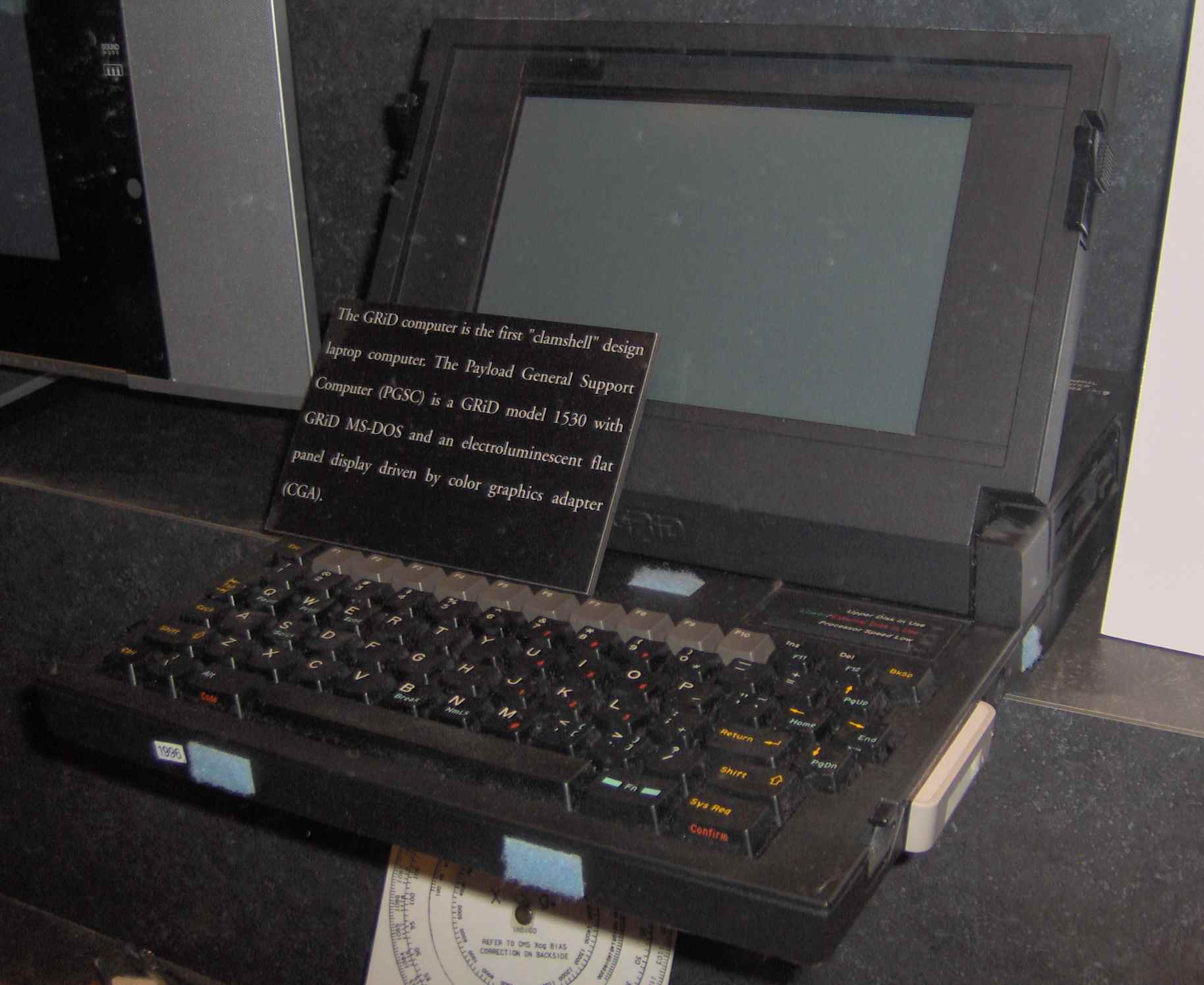The laptop was the first example of how modern technology meant for larger functionality could become mobile, and its existence is thanks to John Ellenby, whose company introduced the first laptop. Ellenby died on August 17, in San Francisco, leaving behind a legacy that will likely last for decades to come.
Ellenby was 75 when he passed, The New York Times reports, though the cause is still unknown. His son confirmed the British engineer and technology icon’s passing.
The very first laptop was introduced back in 1982 called the Compass. Ellenby and his company, Grid Systems introduced the Compass to the general public, which was an astonishing accomplishment, considering how desktop computers were just starting to spread among the general population at the time.
The Compass was shaped like a clam, had peg supports to prop it up and was incredibly heavy to carry around. Even so, the fact that it was portable made it an attractive prospect for those who needed mobility in their line of work.
To put Ellenby’s accomplishment in perspective, the Macintosh arrived two years after the Compass was launched. As a block-shaped, desktop, it was still far behind on the trends even then.
When it came out, only government officials could afford to get the unit, CNN reports since it was far too expensive for common households. At $8,150, the asking price for the Compass was beyond what average families could afford. It was quite popular among government agencies, however, with NASA engineers being quite taken with the technology.
These days, it’s easy to take laptops for granted, especially with mobile devices having long since surpassed PCs in terms of usage and sales. People tend to forget that it was only until 2005 that the laptop finally outsold the desktop, and now it’s seeing a downward trend.
Ellenby showcased his propensity to imagine technologies far beyond his time once again by co-founding GeoVector in the 90s. GeoVector was involved in augmented reality, the technology that popular trends like “Pokemon Go” are based on.



 Nvidia CEO Jensen Huang Says AI Investment Boom Is Just Beginning as NVDA Shares Surge
Nvidia CEO Jensen Huang Says AI Investment Boom Is Just Beginning as NVDA Shares Surge  Sam Altman Reaffirms OpenAI’s Long-Term Commitment to NVIDIA Amid Chip Report
Sam Altman Reaffirms OpenAI’s Long-Term Commitment to NVIDIA Amid Chip Report  SpaceX Seeks FCC Approval for Massive Solar-Powered Satellite Network to Support AI Data Centers
SpaceX Seeks FCC Approval for Massive Solar-Powered Satellite Network to Support AI Data Centers  Baidu Approves $5 Billion Share Buyback and Plans First-Ever Dividend in 2026
Baidu Approves $5 Billion Share Buyback and Plans First-Ever Dividend in 2026  Elon Musk’s SpaceX Acquires xAI in Historic Deal Uniting Space and Artificial Intelligence
Elon Musk’s SpaceX Acquires xAI in Historic Deal Uniting Space and Artificial Intelligence  Sony Q3 Profit Jumps on Gaming and Image Sensors, Full-Year Outlook Raised
Sony Q3 Profit Jumps on Gaming and Image Sensors, Full-Year Outlook Raised  Alphabet’s Massive AI Spending Surge Signals Confidence in Google’s Growth Engine
Alphabet’s Massive AI Spending Surge Signals Confidence in Google’s Growth Engine  Nintendo Shares Slide After Earnings Miss Raises Switch 2 Margin Concerns
Nintendo Shares Slide After Earnings Miss Raises Switch 2 Margin Concerns  Elon Musk’s Empire: SpaceX, Tesla, and xAI Merger Talks Spark Investor Debate
Elon Musk’s Empire: SpaceX, Tesla, and xAI Merger Talks Spark Investor Debate  TSMC Eyes 3nm Chip Production in Japan with $17 Billion Kumamoto Investment
TSMC Eyes 3nm Chip Production in Japan with $17 Billion Kumamoto Investment  Nvidia, ByteDance, and the U.S.-China AI Chip Standoff Over H200 Exports
Nvidia, ByteDance, and the U.S.-China AI Chip Standoff Over H200 Exports  Nvidia Nears $20 Billion OpenAI Investment as AI Funding Race Intensifies
Nvidia Nears $20 Billion OpenAI Investment as AI Funding Race Intensifies  Jensen Huang Urges Taiwan Suppliers to Boost AI Chip Production Amid Surging Demand
Jensen Huang Urges Taiwan Suppliers to Boost AI Chip Production Amid Surging Demand  Nvidia Confirms Major OpenAI Investment Amid AI Funding Race
Nvidia Confirms Major OpenAI Investment Amid AI Funding Race  SoftBank and Intel Partner to Develop Next-Generation Memory Chips for AI Data Centers
SoftBank and Intel Partner to Develop Next-Generation Memory Chips for AI Data Centers  SpaceX Updates Starlink Privacy Policy to Allow AI Training as xAI Merger Talks and IPO Loom
SpaceX Updates Starlink Privacy Policy to Allow AI Training as xAI Merger Talks and IPO Loom 































